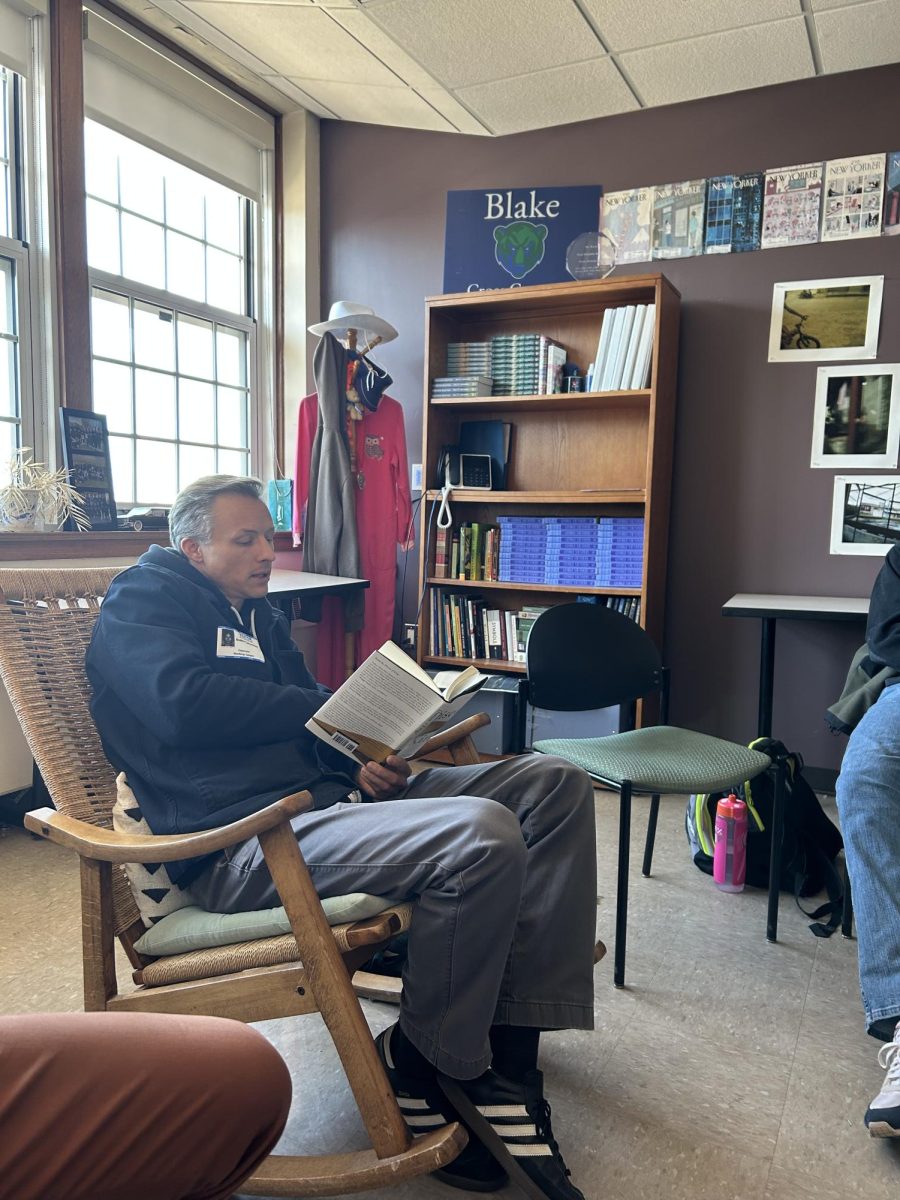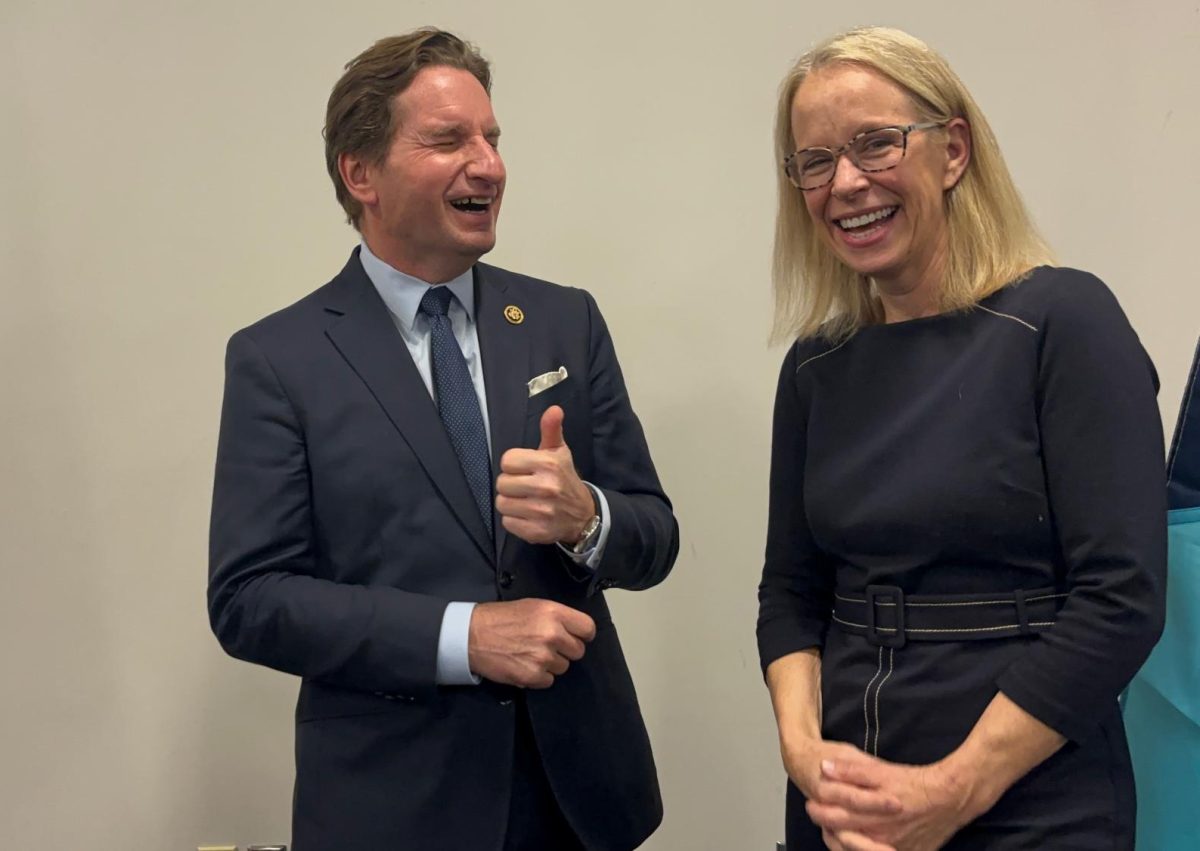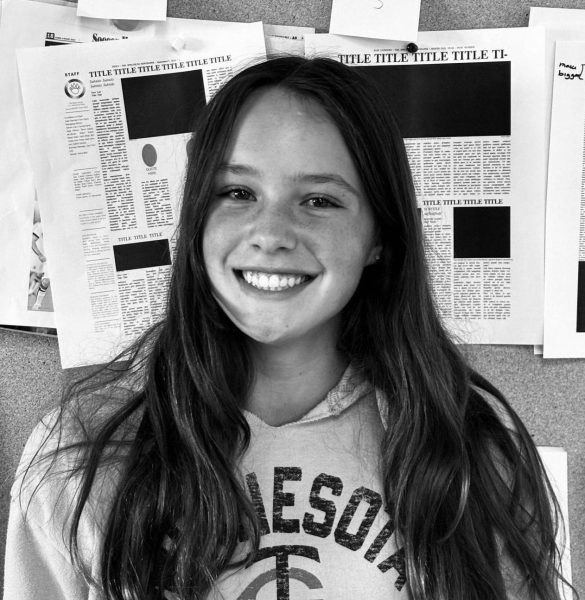From dumpster diving and professional rollerblading to publishing poems in magazines such as The Paris Review and The Harvard Review, Anders Carlson-Wee has lived a unique life. From January 29-31, sophomores interacted with Carlson-Wee in their American Literature class as well as a poetry reading on Jan. 31. The intent of the visit as described by organizer, fellow poet, and English teacher Mike Bazzett, was to “demystify the writing process” as “we often read these books and they can feel very separate from us.” For Bazzett, the demystification was aided by seeing how Carlson-Wee was “just a regular guy.”
Additionally, he believes that it provided students with the opportunity to “engage the work in a different way… [because they] have access to the person who wrote it.”
From an early age, Carlson-Wee realized that because of his goal to become a professional rollerblader, he realized that “I probably will never make much money… so I’ll have to learn how to fend for myself and live cheaply.” This set the stage for another realization: “Time was the thing I valued the most about life.”
Guided by the two principles of valuation of time and willingness to live cheaply, he recalls “ I lived on about $3,000 per year for all of my twenties.” According to him, some benefits of this include “ it allowed me to have an endless amount of space that I… almost like constant meditation or daydreaming,” thus providing him “a great number of hours learning how to write.”
The basis upon which he lives his life is “ If you have to pay to do it, I didn’t do it.” This led him to dumpster diving for food. One of the largest lessons he learned from dumpster diving is “the magnitude of how much is being thrown away in… America. It’s… so vast that it’s hard to comprehend” He expounded with the stat that 40% of all food in the United States is wasted. He believed to rationalize “you have to laugh at it because if you’re not laughing you’re gonna have to cry pretty hard.” He expounded stating, “It becomes a type of comedy because you almost can’t let it remain a tragedy or you’ll explode.”
From dumpster diving, “You learn to think more creatively. You realize that everything can be used and reused and reused again.” This idea has protruded into his writing as he “recycles language, making language do tricks that it’s not intended to do.”
Carlson-Wee hopes students realize that “this[writing] is more readily available than people realize.” He hopes that writing can become part of everyone’s lives “Whether that means you wanna write a book or you just wanna keep a journal… as a part of your own emotional processing.”









